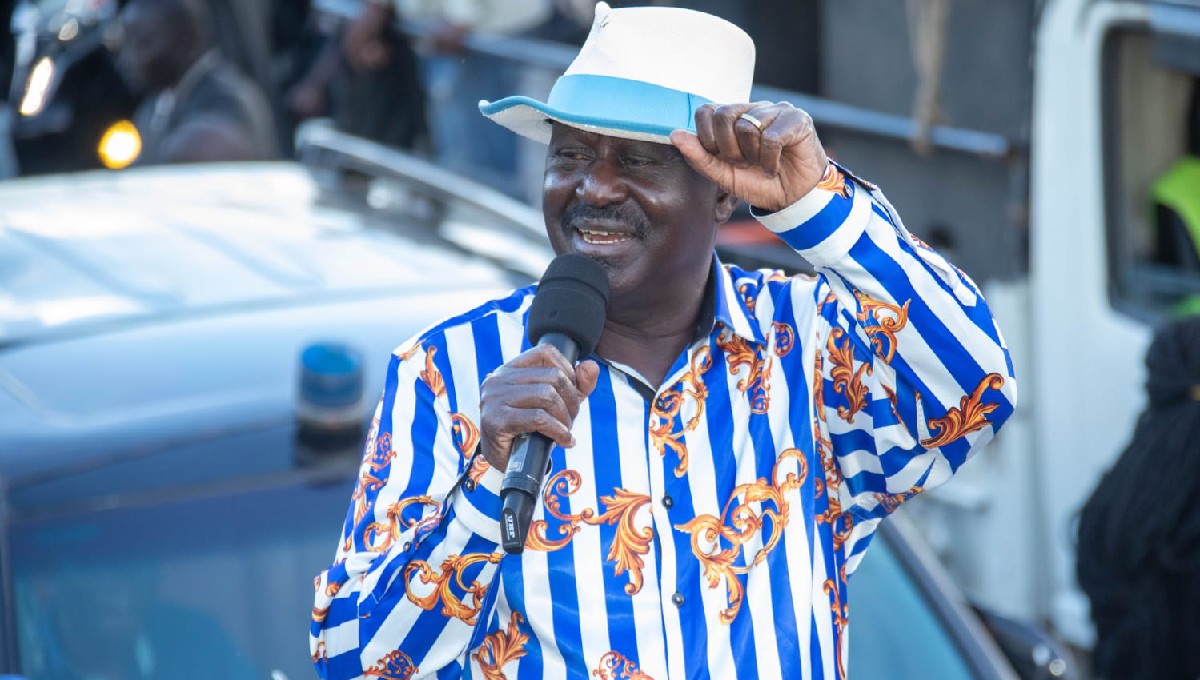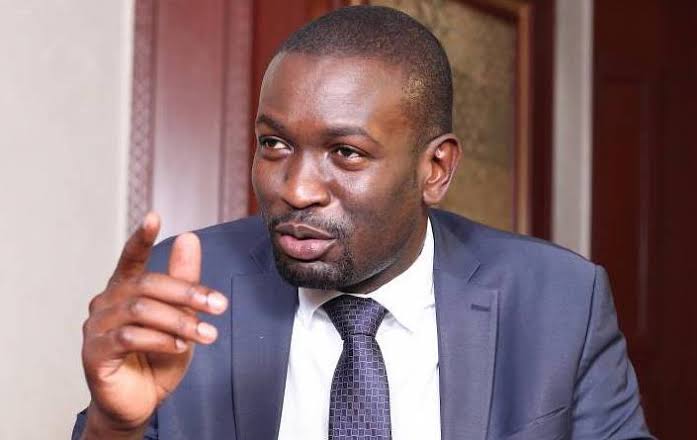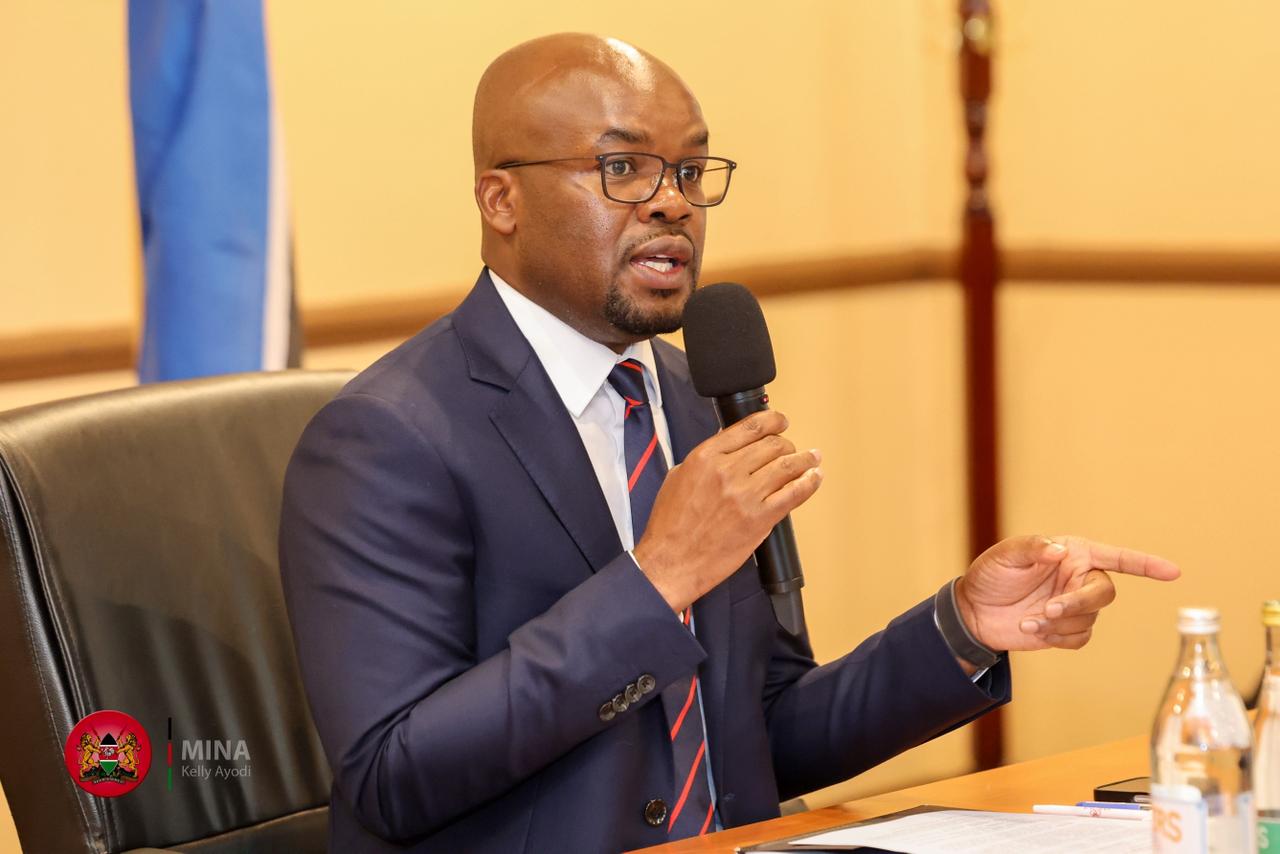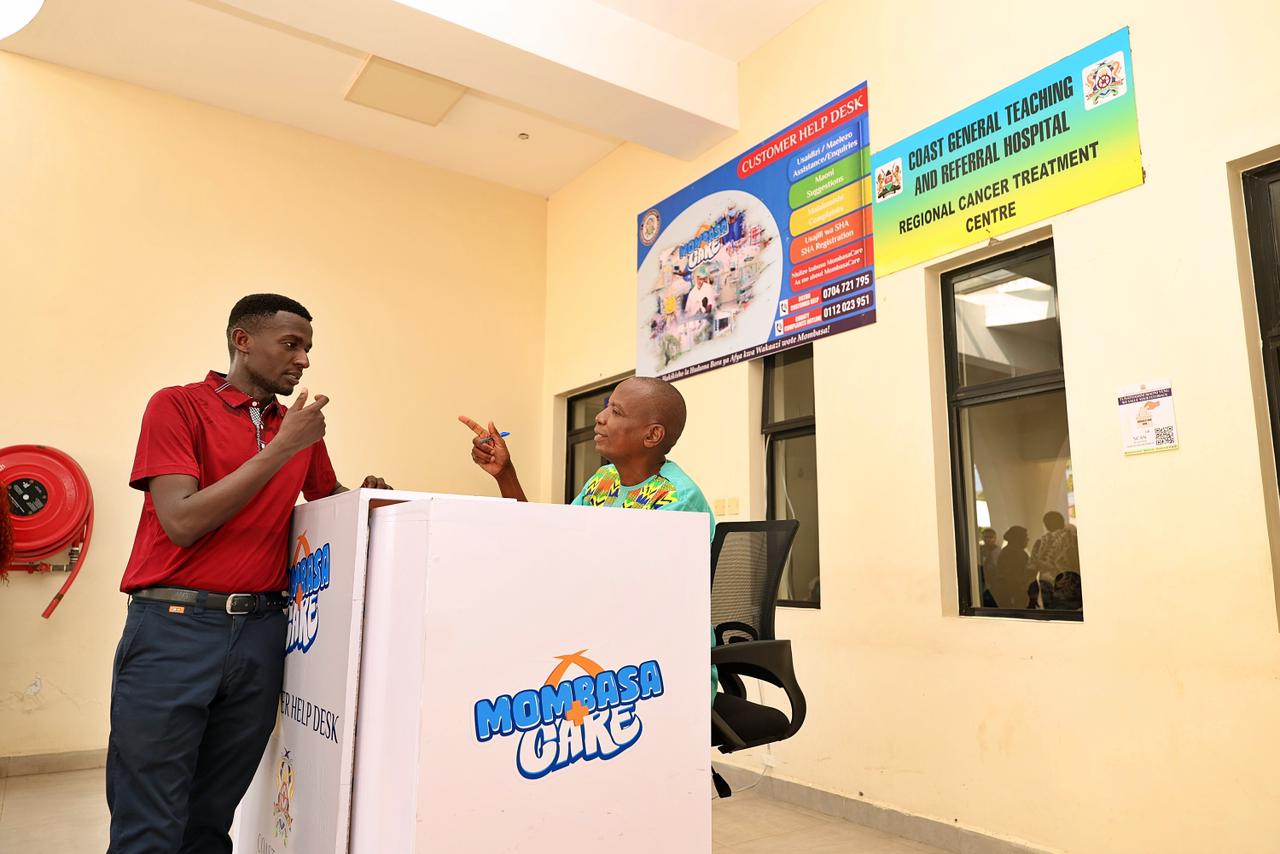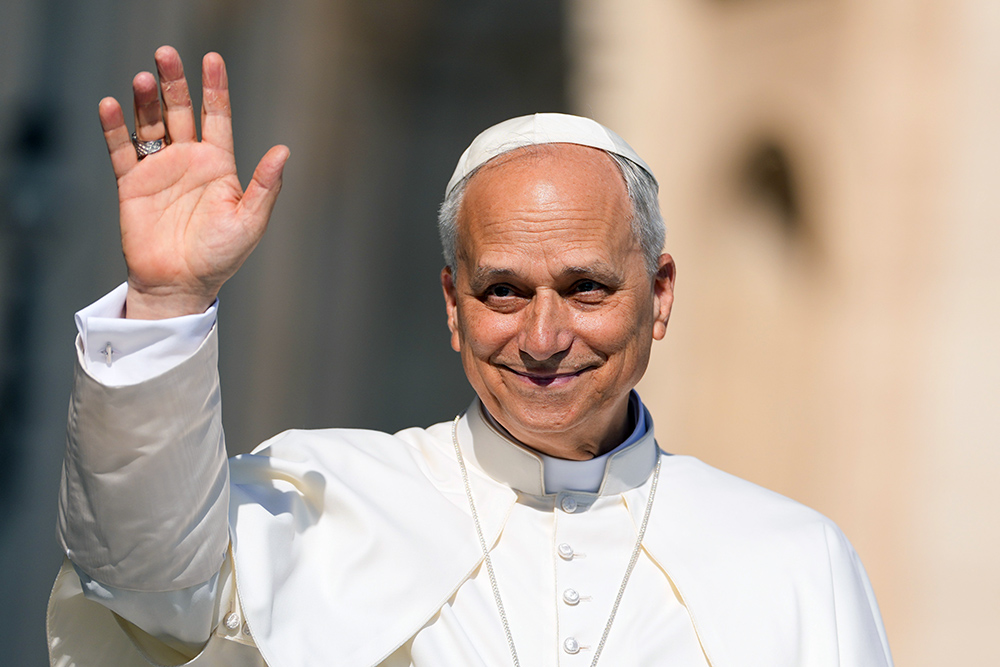“Nobody can stop reggae”. A four-letter word phrase that became synonymous with former Prime Minister Raila Odinga during the Building Bridges Initiative (BBI) campaigns in 2020.
The enigma of Kenyan politics would step onto the stage, sing a short stanza of the 1998 song “Reggae Strong” by the late South African musician Lucky Dube, moving action-packed rallies with his wordplay.
“Nobody can stop reggae” had been adopted as a slogan for the BBI, a push for constitutional reforms that were birthed after the 2018 Handshake between Raila and then-President Uhuru Kenyatta.
The BBI would flop after a five-judge bench of the High Court blocked the government-backed initiative, a decision that was stamped by Supreme Court judges who said the president had acted unlawfully when spearheading the constitutional reforms. In the end, it the whole process was deemed irregular, illegal and unconstitutional.
But back to “nobody can stop reggae”… do you know how the slogan was arrived at?
Former Azimio Press Secretary Dennis Onsarigo on Thursday, October 16 paid a moving tribute to the late former Prime Minister, revealing how the slogan was eventually adopted.
“In politics, Baba could be a different animal. I recall once during the BBI campaign, I told him, ‘Mzee, I think we should introduce a new slogan for the campaign, since none exists.’ ‘Shoot,’ he replied. I suggested, “Nobody can stop reggae.” He gave a big smile and quipped, ‘Because reggae is strong, right?’ And just like that, a slogan was born,” Onsarigo revealed.
From “Nobody can stop reggae” to “Inawezekana” (“It is possible”) to the older rallying cry “Mambo Yabadilika” (“Things change”), so many popular political slogans sprang from Raila’s wit and intuition.
Away from politics, Onsarigo said that Raila was down-to-earth, and would just call to ask how you were doing.
“Many times he’d say, ‘Let’s go watch Arsenal play,’ or ‘Join me for lunch in Nairobi West,’ or even ‘Come with me to a funeral in a remote corner of Turkana.’ With him, you could find yourself anywhere—from a noisy football viewing hall to a far-flung village—because he cared about people and loved to share in their lives.”
Raila has unsuccessfully vied for the presidency five times i.e. 1997, 2007, 2013, 2017 and 2022. But even in all those moments, Raila’s close confidants say he would brush it off…“I did not lose; our country lost.”
In the end, Onsarigo says, he would start over again: “When nearly everyone else deserted him, we would start again, brick by brick, rebuilding the movement from scratch. And when the fair-weather friends eventually returned, he would embrace them without hesitation. Such was his resilience and grace.”
Raila spent nearly a decade in detention in the 1980s in the quest for multi-party democracy. He was instrumental in ushering in multiparty democracy in 1991 and the new 2010 Constitution that expanded Kenyans’ freedoms.
Raila died on Wednesday, October 15 while receiving treatement in India.
ALSO READ:


